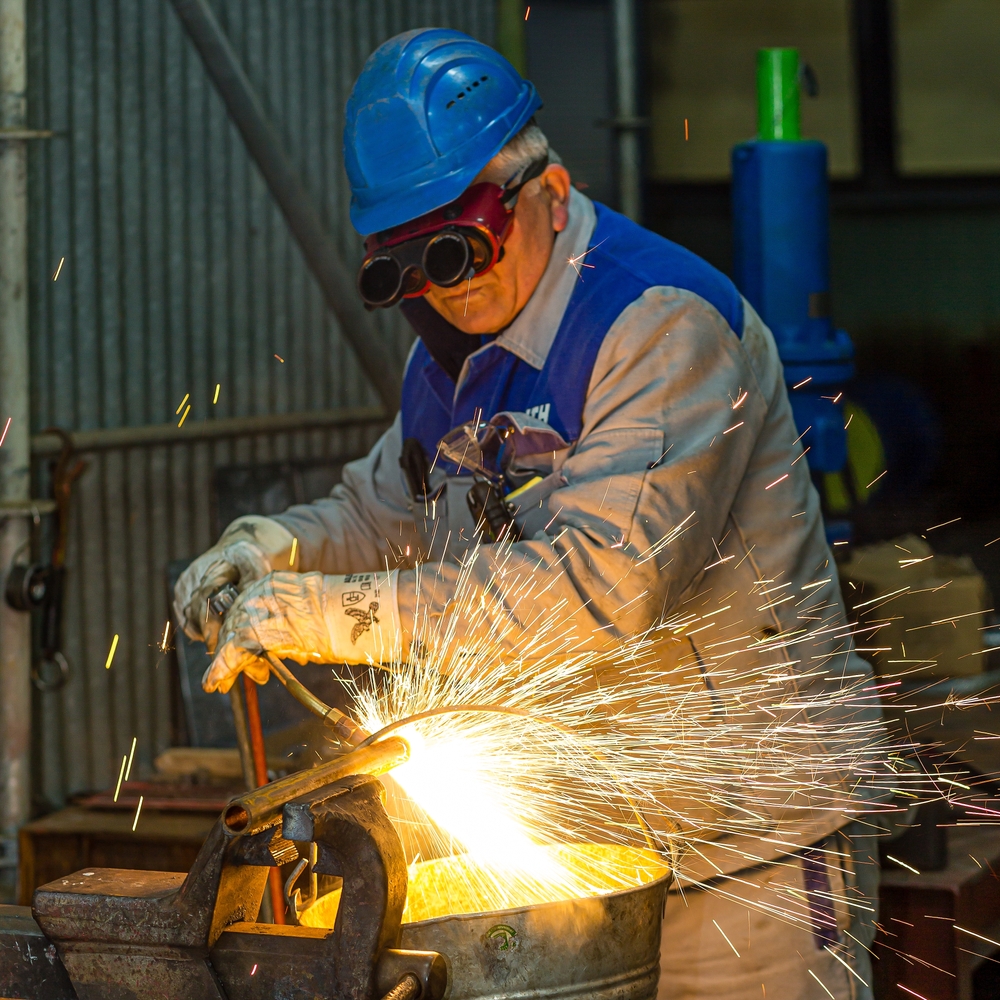Culture and Society: Stereotypes
Being both oversimplified and an opinion by definition, a stereotype about a group of people may have much or very little truth to it. While painting any group with a single brush can be risky, knowing that certain stereotypes exist can be an important step in understanding a culture. If you're a traveler, this knowledge can help you avoid offending the people of your host country.
The following stereotypes are presented in two sections: first, those often held by foreigners visiting this country; and second, those often held by the country's own inhabitants. The description below each entry attempts to explain why some people may believe the given stereotype.
Please note that these stereotypes do not necessarily represent the views of World Trade Press or its employees, but are presented here in an effort to make you a more informed researcher or traveler. Through your own experiences you may find some or all untrue, only partially true, unfair, or fairly accurate.
Stereotypes of Germans as Accepted by Some Foreigners
Very Precise
Germans have great attention to detail and are incapable of doing sloppy work regardless of the job.
The much vaunted German engineers are famous for producing goods with exacting tolerances, and every German home is a monument to neatness. However, the desire to leave no detail untended also makes them some of the world’s greatest bureaucrats. The German concept of ordnung ("order" or "neatness") puts everything in order but with no guarantee of efficiency. When corners or red tape need to be cut, the German psyche will revert to a “this is the way it has always been done” mentality to bring proceedings to a crawl.
Stuck in the Past
The Germans are very talented people but they seem ashamed of letting people know it. The past is past.
One of the long-term casualties of World War II has been the severe wounds dealt to German pride. Even though it is generations since the Nazi regime ruled under Adolf Hitler, Germans of all ages think they need to bear the burden of World War II and the Holocaust. The average German prefers to not speak of the war and concentrate on the future. It is only in the recent past that Germans have begun to acknowledge that they too suffered and died during the 12 years of Nazi rule.
Beer Meisters
Germany lives on beer, and their cuisine is mostly fat and meat. No wonder they are so overweight.
The health food craze has not hit Germany and will probably bypass it altogether. The Germans like good, hearty food washed down with lots of beer. They rank high in the beer consumption tables, and cardiovascular problems are widespread. Germans, like most people, see their cuisine as an important part of their cultural history, and they rankle when it is denigrated. If you don’t like sausages, pork, or buttered potatoes then you will have a tough time ordering dinner in a German restaurant. However, health food items do exist and Germans are far ahead in holistic, naturopathic, and spa treatments to restore the body.
Old-fashioned
Germans have not come to grips with the modern world and are locked in the 19th century.
The Germans are, indeed, slow movers when it comes to change. They are, however, rather forward looking in industrial production methods and technology. It is in the service sector that most foreigners find the German methods to be outmoded. When the Germans recognize the need for change, they take decisive action after long deliberation.
Unemotional
The Germans are a stoic people who keep their emotions bottled up. They prefer to be unapproachable.
Germany is a very hierarchical society, and Germans prefer to know a lot about someone before befriending them so as not to mix with the “wrong sort.” Germans are not quick to make friends, but nor are they quick to get shod of them. Foreigners living in Germany find that it takes a long time to get to know the locals, after which they make loyal and generous friends. German stoicism that gives way to cruelty is one of the stereotypes that is still part of the cinematic and literary portrayals of this culture.
Stereotypes of Germans as Accepted by Some Germans
Europe’s Engineer
We are the country best designed to show Europe the way forward. It is not just size, it is temperament.
Germans have a quiet but robust leadership style that they feel is best for the European Union (EU), and they are one of the founding EU member states. Their discipline, foresight, and organizational skills are, in their minds, far superior to those of their fellow A-team members, France and the United Kingdom. Germany's is also the largest economy in the EU, and for them, European integration is the basis for peace, security, and prosperity.
Ashamed No More
We are a great nation and we are so much more than the World War II image. We cannot live in the shadows forever.
Famed German author Gunter Grass—never one to downplay German mistakes—is one of many cultural leaders who have come forward to say that Germany must stop apologizing and get on with life. Germans are even starting to press lawsuits for compensation as victims of WWII expropriation and repatriation programs by the Allies. Young Germans no longer feel the need to bear their grandparent’s responsibility, and they are quick to point out other nations’ acts of state-sponsored cruelty as well. Germany’s goal now is the structuring of the future, not the rehashing of the past.
Hard Workers
We are facing a lot of problems. The conscientious and hard-working Germans are up to the task.
Germans have always seen themselves as the stolid and solid big brother in Europe who will put his shoulder to the wheel when others fail. Germany continues to play a central role in European and global politics. In the face of the EU’s economic and political challenges, Germany will resort to hard work rather than harsh words as a remedy.
Copyright © 1993—2025 World Trade Press. All rights reserved.

 Germany
Germany 


